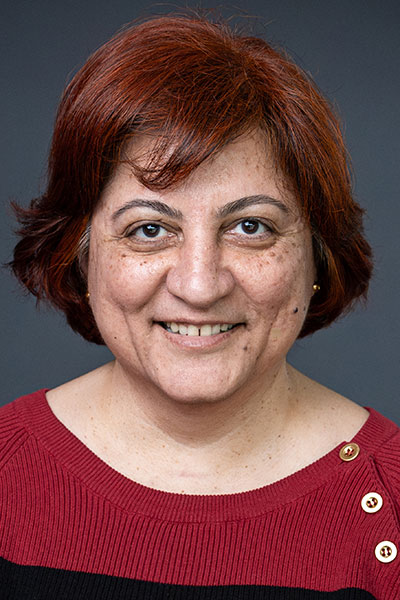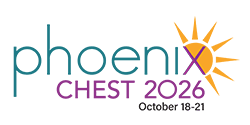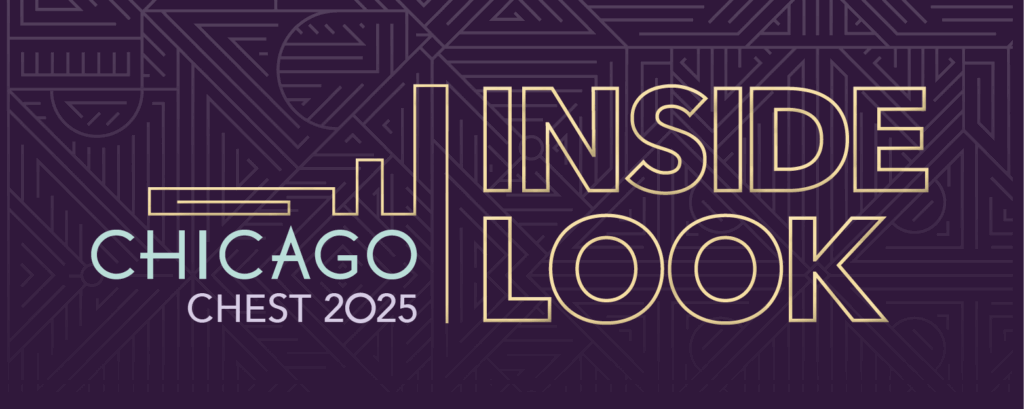The application of weight-loss drugs in sleep medicine will be one of several prominent themes among sleep medicine sessions at CHEST 2025. Nearly 40 sessions will cover a range of topics, such as new bilevel PAP reimbursement criteria, the role of artificial intelligence in sleep medicine, debates over in-hospital sleep testing, and more.

“We have sessions geared toward people at all levels of training,” said Chitra Lal, MD, MBBS, FCCP, Chair of the Sleep Medicine Curriculum Group and Sleep Medicine Network. “There will be sessions covering the basics of the field, new developments in sleep medicine themes, and emerging technologies shaping the field of sleep medicine.”
The rise of GLP-1 agonists
At least three sessions will focus extensively on the rise of glucagon-like peptide-1 (GLP-1) agonists and the increasingly recognized benefits of these weight-loss drugs on sleep disorders, including OSA, said Dr. Lal, Professor of Medicine at the Medical University of South Carolina.
The sessions include:
- GLP-1 Agonists and Implications on OSA Comorbidities | Monday, October 20, 10:20 am
- The Treatment of Obesity in Sleep Medicine in the Era of GLP-1 Agonists | Monday, October 20, 3:15 pm
- Your Patient Wants a GLP-1 Agonist for OSA: What Next? | Tuesday, October 21, 3:15 pm
Another session will include GLP-1 drugs among a wider examination of weight-loss interventions for obesity hypoventilation syndrome:
- Obesity Hypoventilation Syndrome: Where Are We Now and Where Are We Going? | Wednesday, October 22, 11:15 am
Dr. Lal said that the use of GLP-1 drugs represents a broader shift in the treatment of OSA, away from CPAP or surgical interventions and toward emerging drug treatments for both obesity and OSA.
Recognizing this shift, sessions will draw on experts in pharmacology, endocrinology, and other areas of practice to move beyond the basics of these drugs and examine issues such as identifying the right candidates for these treatments, managing expectations (of both patients and clinicians), monitoring for side effects, evaluating the need for adjunctive treatment for OSA, and understanding coverage and reimbursement models.
Sessions will equip attendees with the knowledge to better evaluate and apply this information toward their own clinical practice, Dr. Lal said.
Range and depth of themes
Other notable sleep disorder sessions include the year in review, which will be held in two parts:
- Sleep Medicine Year in Review 1: Update on Respiratory Sleep Disorders | Sunday, October 19, 11 am
- Sleep Medicine Year in Review 2: Nonrespiratory Sleep Medicine | Monday, October 20, 1:30 pm
Dr. Lal also encouraged attendees to look at sessions that might provide insight beyond their immediate fields of practice.
For example, a ticketed three-hour session on Monday, Mastering Home Mechanical Ventilation Management in Neuromuscular Respiratory Failure, will provide attendees an intense, case-based approach to treating a patient with a specified neuromuscular disease. This approach will also strengthen general knowledge and skills around mechanical airway clearance and remote physiologic monitoring.
Another session, High-Flow Nasal Cannula Outpatient Therapy, contrasts some of the standard practice and research methods between pediatric and adult patients in a broader discussion of unique applications of high-flow nasal cannula therapy beyond standard oxygen delivery. Gaining insights by contrasting approaches for pediatric and adult patients is also a key theme of the interactive session, Transcutaneous CO2 Monitoring: Real-World Insights Into Adult and Pediatric Care.
Whether attendees choose sessions related to their particular expertise or others, they can learn from experts and develop their careers.
“All of the best and brightest in our field gather at one location for five days, and this wealth of knowledge provides a huge opportunity,” Dr. Lal said. “It is learning and a great career opportunity to get to know leaders and investigators in the field of pulmonary, critical care, and sleep medicine.”

Call for Topics Is Open
Feeling inspired by all the great sessions in Chicago? Help shape the curriculum for CHEST 2026, October 18 to 21 in Phoenix, by submitting topic ideas from areas you’re passionate about, topics affecting your practice, or new technologies you’d like to learn more about. The submission deadline is Tuesday, December 2, at 2 pm CT.


